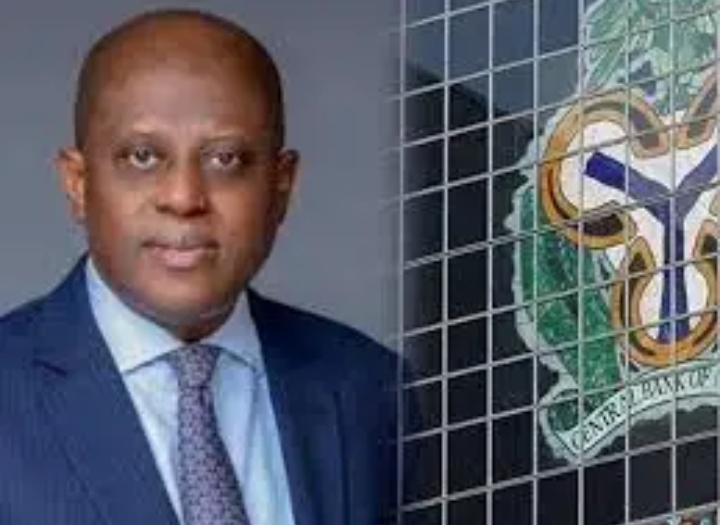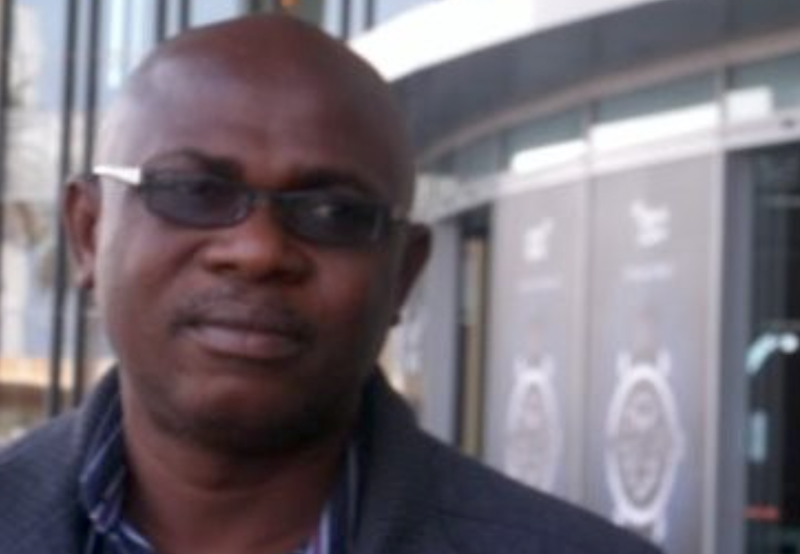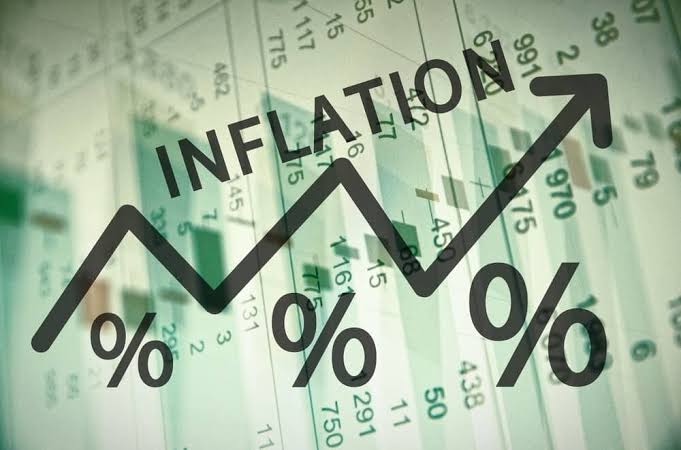The National Bureau of Statistics (NBS), says Nigeria’s headline inflation rate declined to 24.48 per cent in January 2025,
This is contained in the Consumer Price Index (CPI) rebased results released in Abuja on Tuesday.
NAN reports that the headline inflation rate for December 2024 was 34.80 per cent.
The Statistician-General (S-G) of the Federation, Adeyemi Adeniran, made the announcement at a news briefing on the CPI Rebased Results.
The CPI is a key macroeconomic indicator that reflects the movement of aggregate price levels in a country and is expected to be rebased every five years.
However, in Nigeria, the last CPI rebasing was conducted in 2009.
Adeniran emphasised the importance of rebasing the CPI regularly due to changes in consumption patterns over time, which necessitated an update of the items in the CPI basket.
He said the rebasing was designed to ensure that Nigeria’s economic indicators accurately reflect the current structure of the economy, incorporating new and emerging sectors, updating consumption baskets, and refining data collection methods.
Adeniran said part of the process of rebasing the CPI included bringing the base year closer to the current period, from 2009 to 2024.
The S-G gave a breakdown of the rebased CPI as follows.
The All-Items Index, which is used to measure headline inflation for January 2025, was 110.7, resulting in a headline inflation rate of 24.48 per cent on a year-on-year basis.
He said the increase was mainly driven by Food and Non-alcoholic Beverages, Restaurants and Accommodation Services and Transport.
The Food Index for January 2025 was 110.03, which resulted in a food inflation rate of 26.08 per cent on a year-on-year basis.
Core Index, which is All-Items less farm produce and energy for January 2025, was 110.7, which gave rise to a core Inflation rate of 22.59 per cent on a year-on-year basis.
The urban inflation rate for January 2025 was 26.09 per cent, while the rural inflation rate was 22.15 per cent.
Adeniran clarified that the CPI results do not indicate a reduction in the prices of goods and services in the market but rather measure the rate at which those prices were decreasing.
“The policies of the government targeted to reduce inflation rate are still there. The government is committed to ensuring food is available to the populace and the purchasing power of citizens is enhanced.
“So, the result is not saying prices of goods and services have come down in the market but the rate of change between January 2024 and January 2025 is what inflation rate is all about.”
He assured Nigerians that the results of the rebasing reflected the current inflationary pressures and recent household consumption patterns in the country.
The S-G listed some CPI improvements and introduction to the methodology to include the transition to the latest version of the classification method.
He said the Classification of Individual Consumption According to Purpose (COICOP) 2018 version was used, departing from the 1999 version of COICOP.
According to him, the new version has 13 divisions, as against 12, bringing in household expenditure on Insurance and Financial Services, which now has a weight of 0.5 per cent relative to the total household expenditure.
Adeniran said another improvement was the exclusion of own-production, imputed rents, and gifted items from the aggregates used to come up with the weights.
“This is because CPI is a monetary phenomenon, hence the computations should only include monetary expenditure.
“Also implemented under this rebasing is the movement of expenditures on meals away from home to the appropriate divisional class.
“These changes are quite significant and appropriately align expenditures to their respective classes, enabling price changes to be measured properly.”





